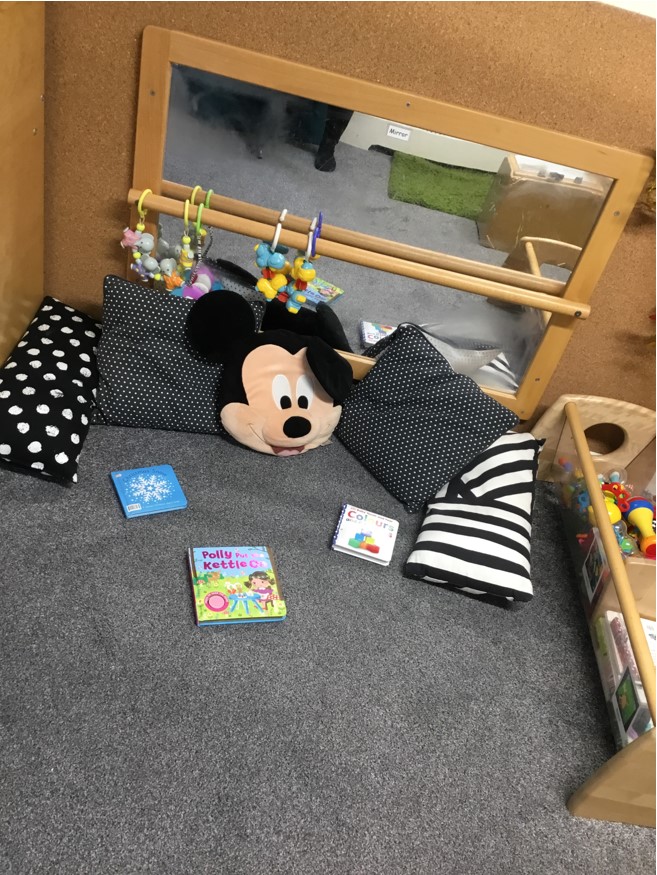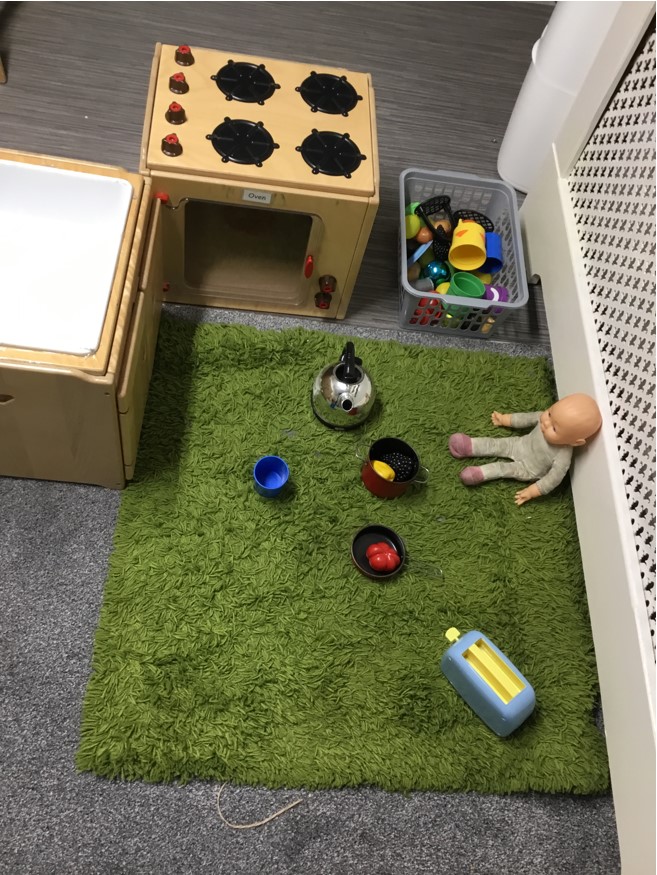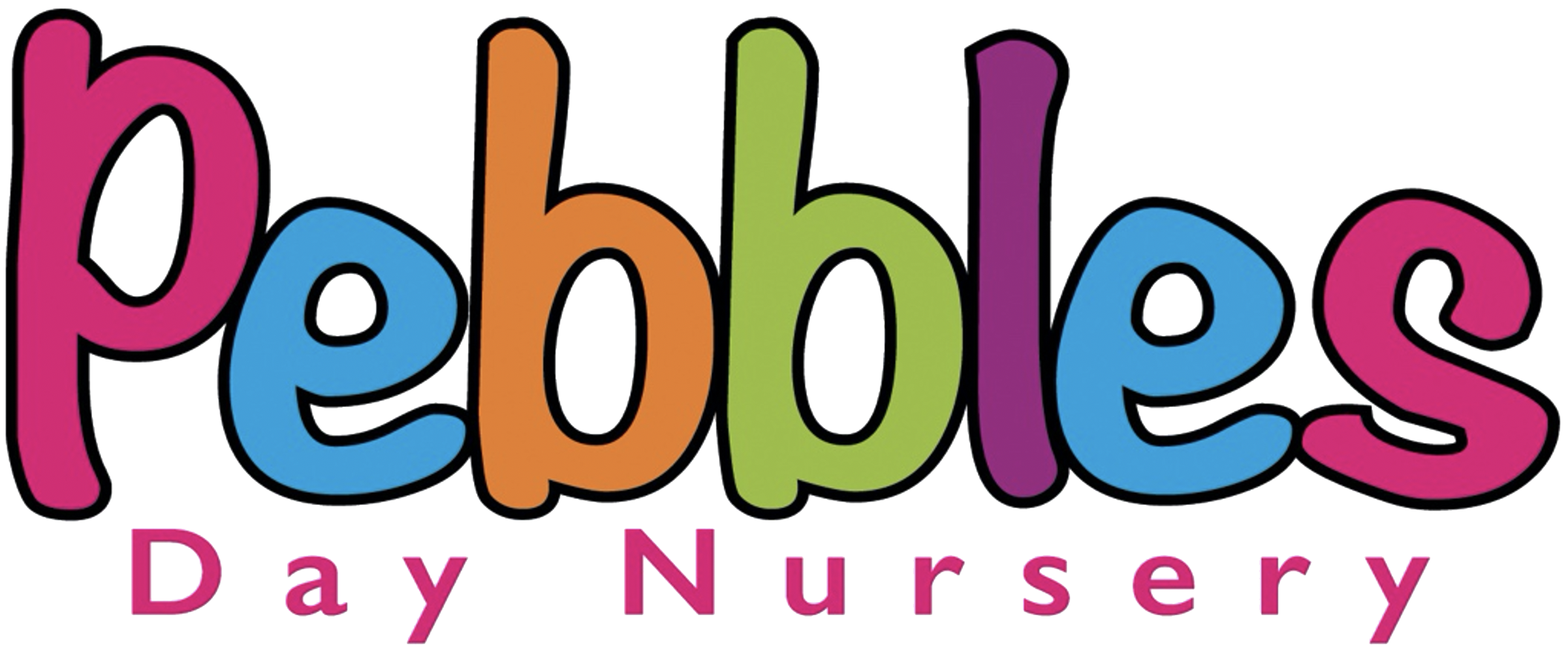Our curriculum
The Early Years Foundation Stage (EYFS) sets the standards that all early years providers must meet to ensure that children learn and develop well. It promotes teaching and learning to ensure children’s ‘school readiness’ and gives children the broad range of knowledge and skills that provide the right foundation for good future progress through school and life.
By following the EYFS Curriculum, practitioners will consider the individual needs, interests, and stage of development of each child, and will use this information to plan a challenging and enjoyable experience for each child in all of the areas of learning and development.
The 7 areas of learning are:
Communication and language development involves giving children opportunities to experience a rich language environment; to develop their confidence and skills in expressing themselves; and to speak and listen in a range of situations
Physical development involves providing opportunities for young children to be active and interactive; and to develop their co-ordination, control, and movement. Children will also be helped to understand the importance of physical activity, and to make healthy choices in relation to food
Personal, social and emotional development involves helping children to develop a positive sense of themselves, and others; to form positive relationships and develop respect for others; to develop social skills and learn how to manage their feelings; to understand appropriate behaviour in groups; and to have confidence in their own abilities
Literacy development involves encouraging children to link sounds and letters and to begin to read and write. Children will be given access to a wide range of reading materials (books, poems, and other written materials) to ignite their interest
Mathematics involves providing children with opportunities to develop and improve their skills in counting, understanding and using numbers, calculating simple addition and subtraction problems; and to describe shapes, spaces, and measure
Understanding the world involves guiding children to make sense of their physical world and their community through opportunities to explore, observe and find out about people, places, technology and the environment
Expressive arts and design involves enabling children to explore and play with a wide range of media and materials, as well as providing opportunities and encouragement for sharing their thoughts, ideas and feelings through a variety of activities in art, music, movement, dance, role-play, and design and technology.



